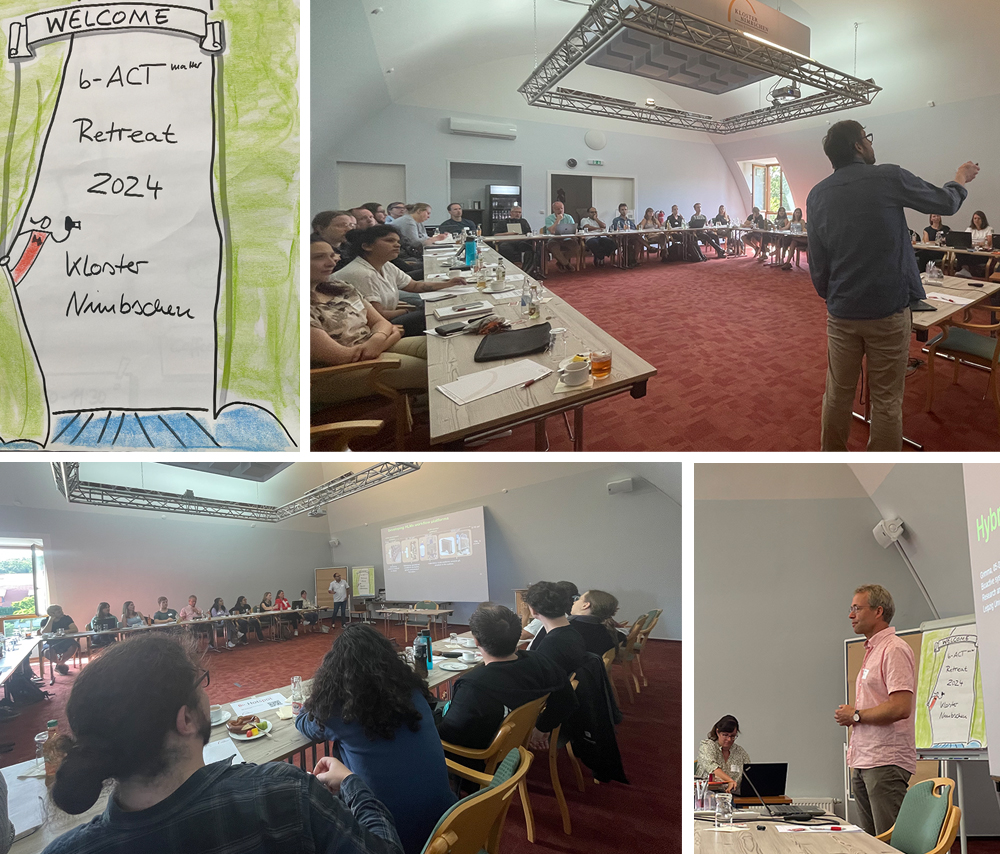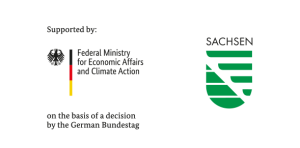In November 2024, Franziska Ullm took over as Managing Director of the Research and Transfer Centre for Bioactive Matter b-ACT matter, succeeding Dr Susanne Ebitsch, who left Leipzig University in October to join the Center for the Transformation of Chemistry (CTC).
The biochemist from Saxony is not new to Leipzig University. She has already studied biology here and later completed a master’s degree in biochemistry with a specialisation in biomedicine.
After completing her studies, Franziska Ullm remained at Leipzig University for the time being: She worked at the Institute of Biochemistry as a research assistant and doctoral student until 2022, where she gained experience in coordinating research projects and supervising junior researchers.
For the past two years, she worked at the FILK Freiberg Institute gGmbH, a non-university Freiberg research institution with an accredited testing laboratory specialising in materials science and technology development.
We are delighted that Franziska Ullm has taken over the administrative management of the centre and would like to extend a warm welcome to her!






